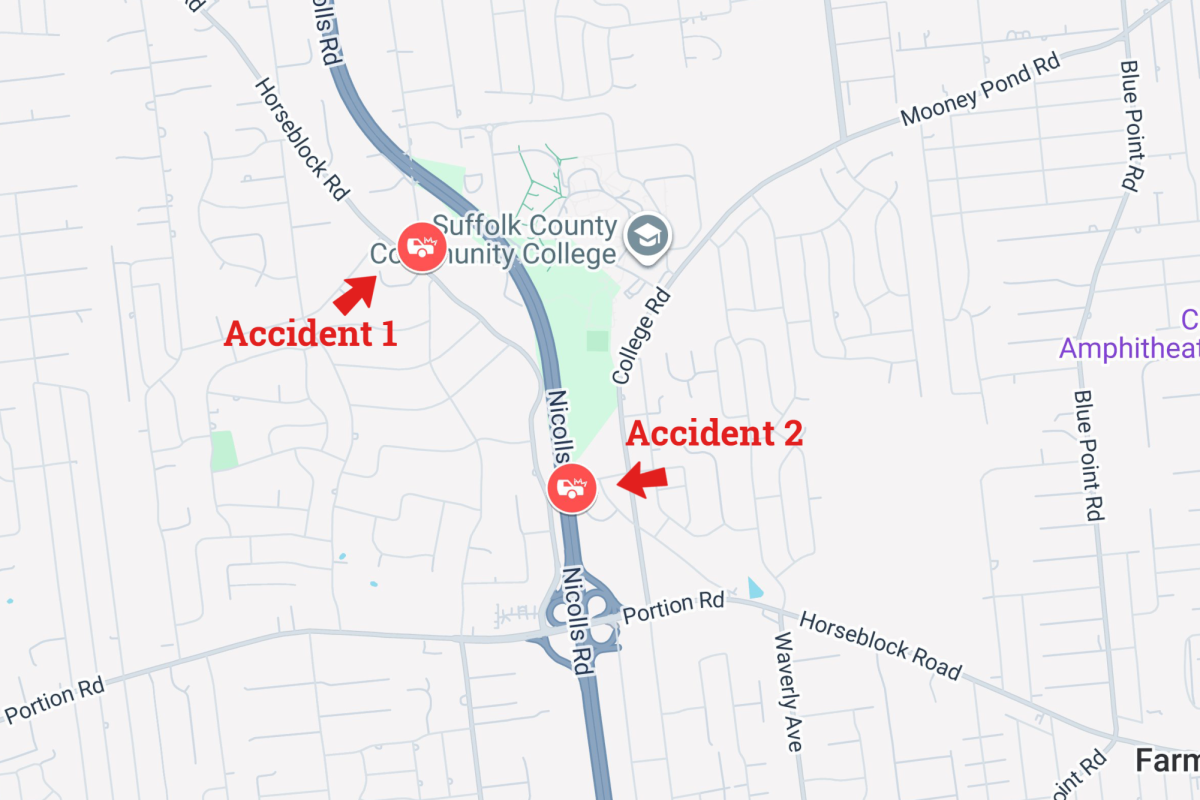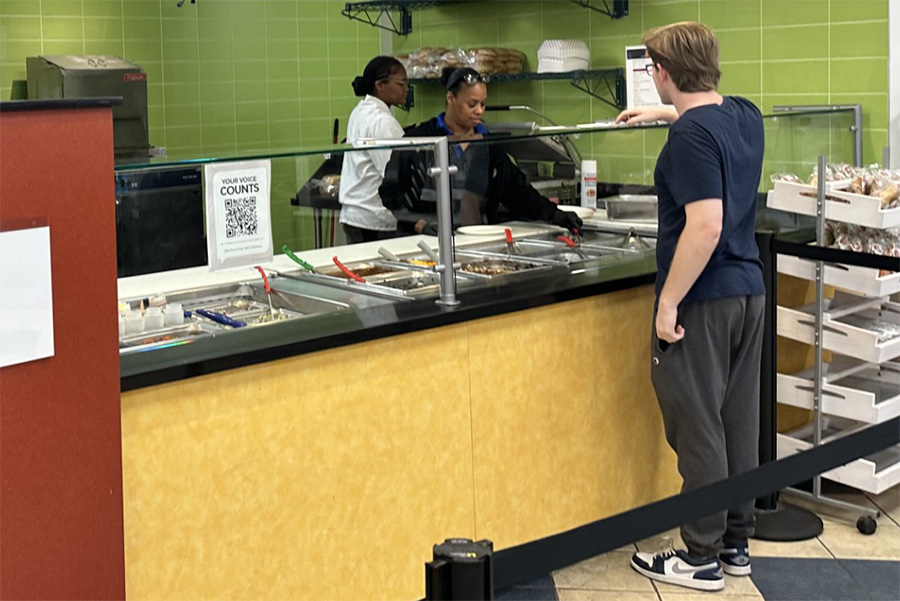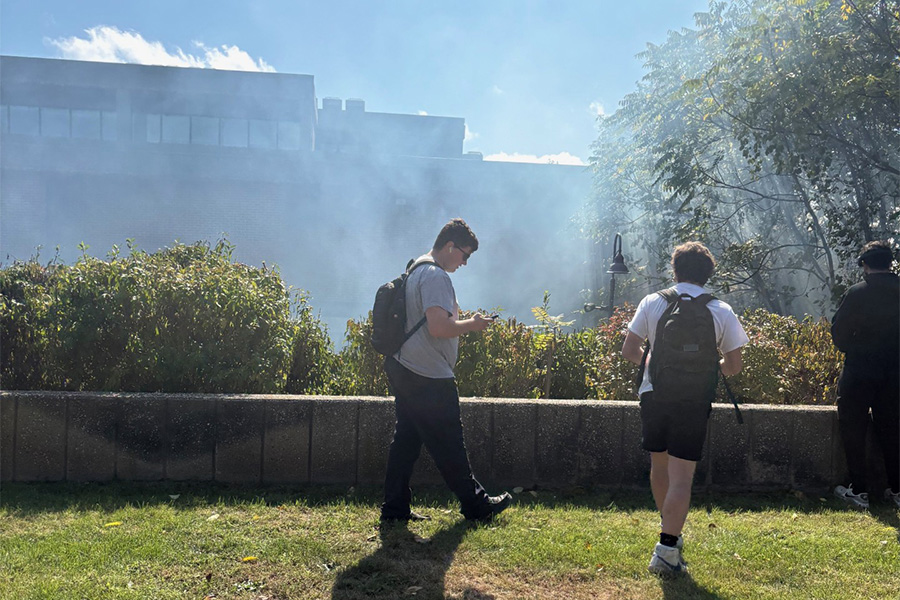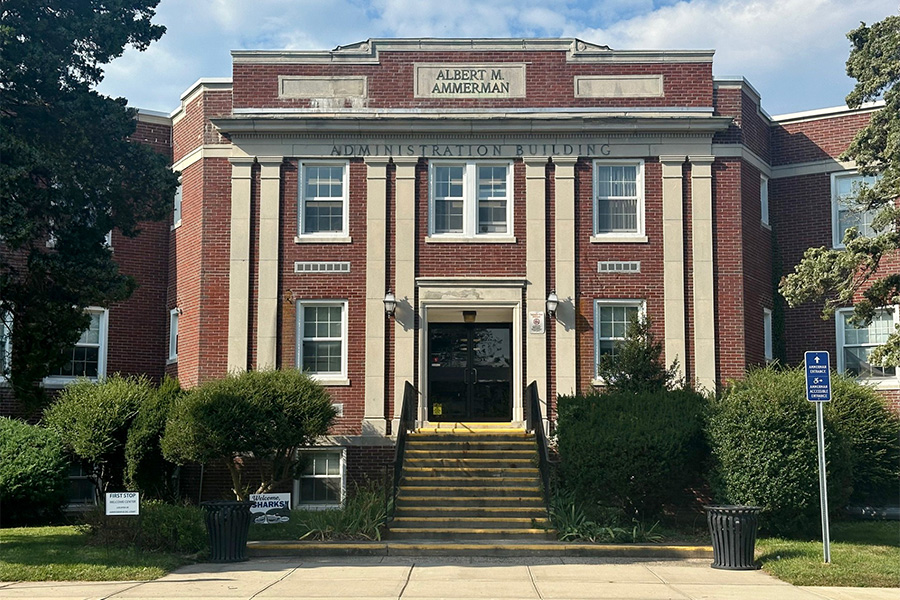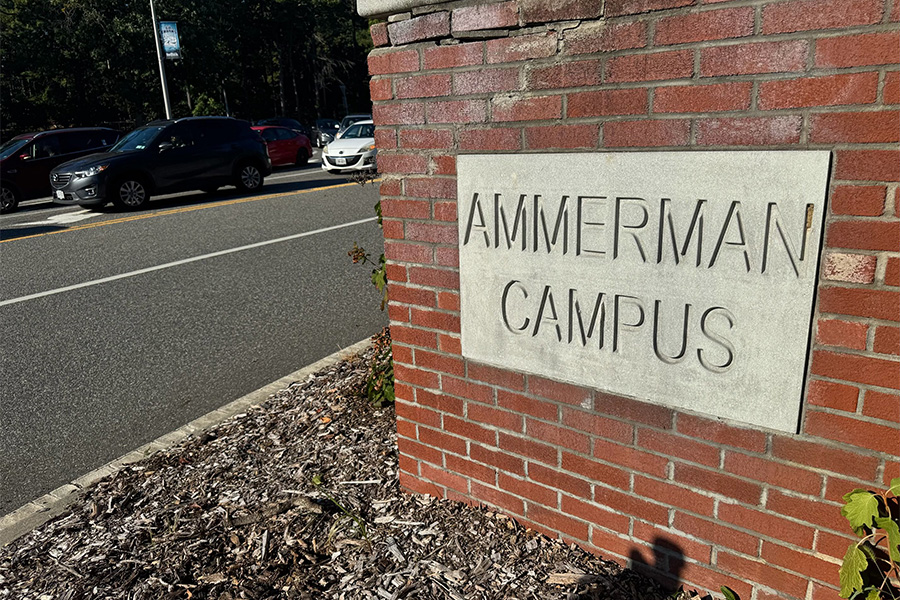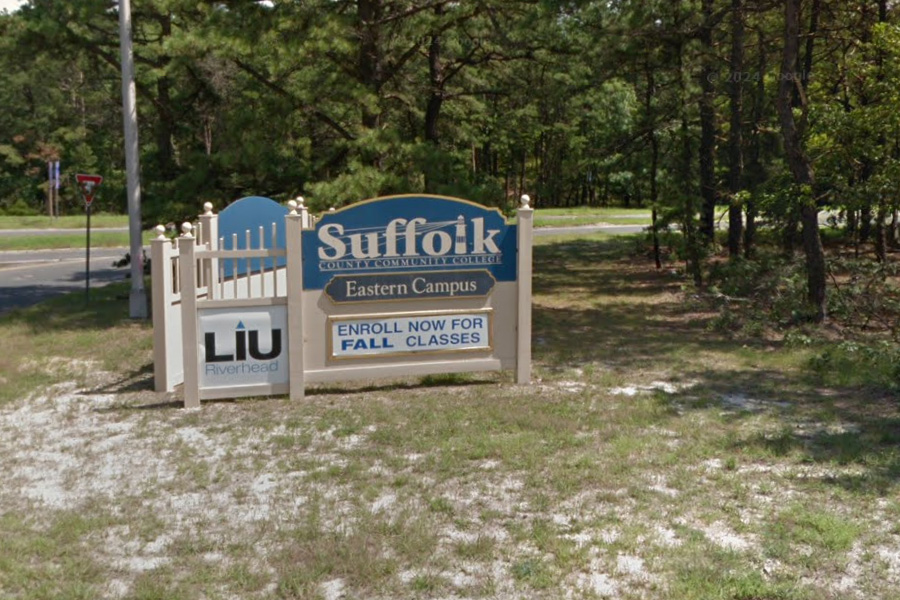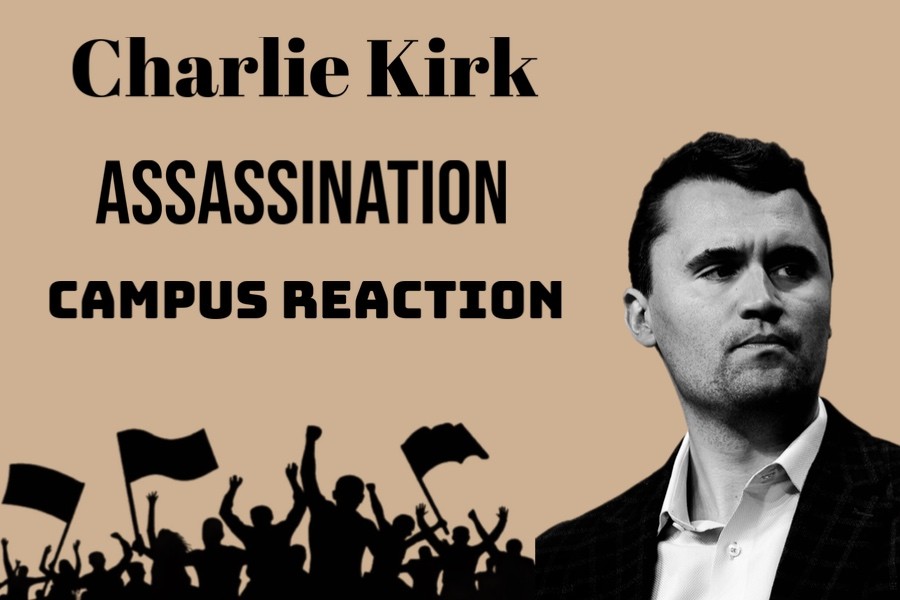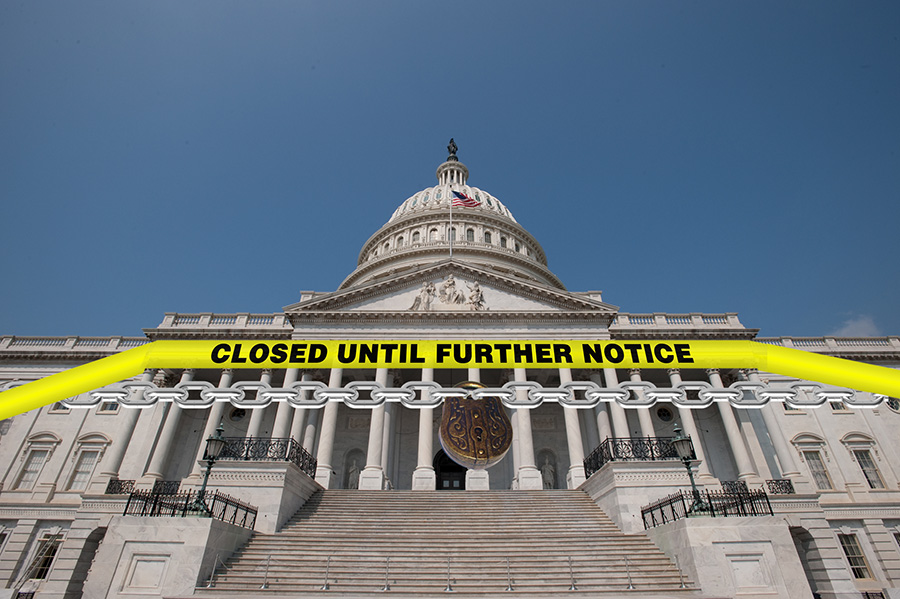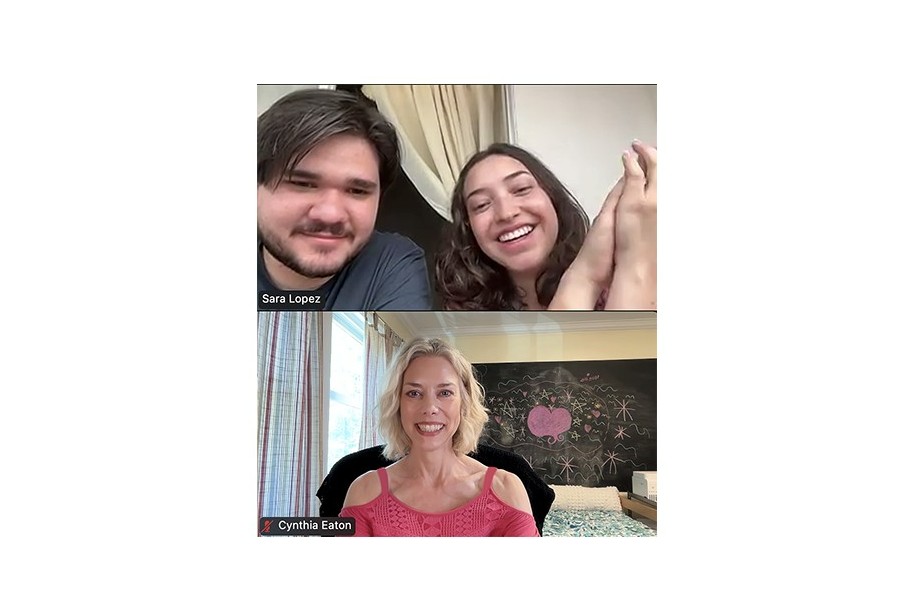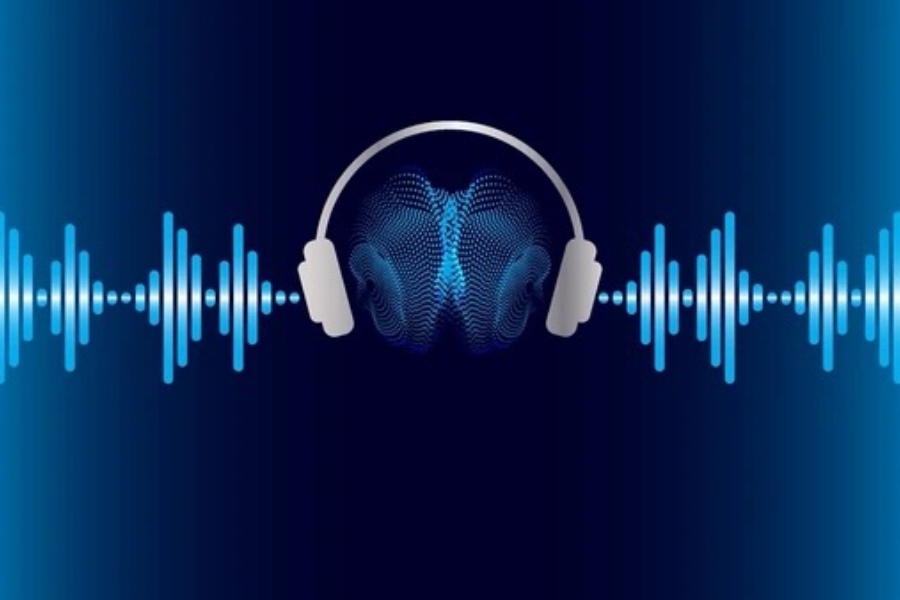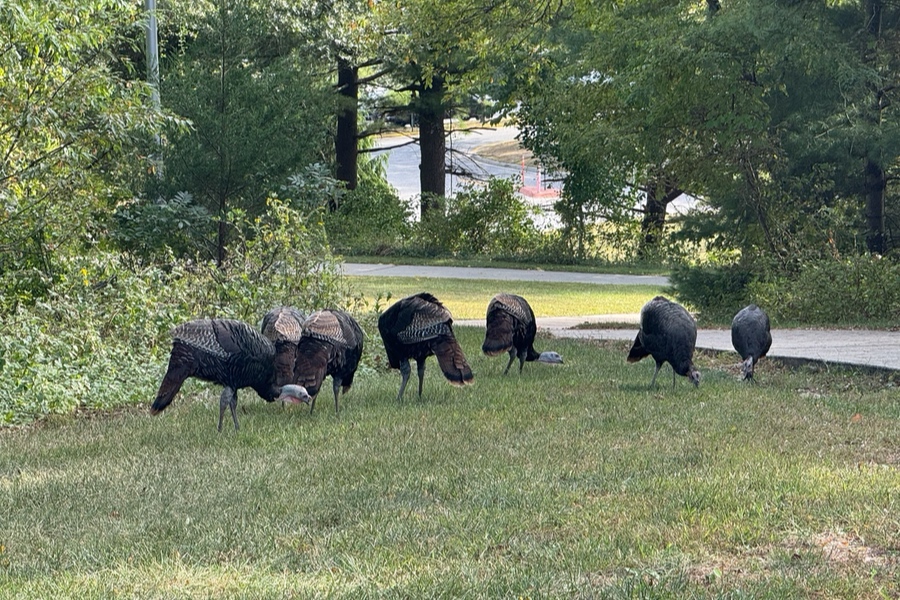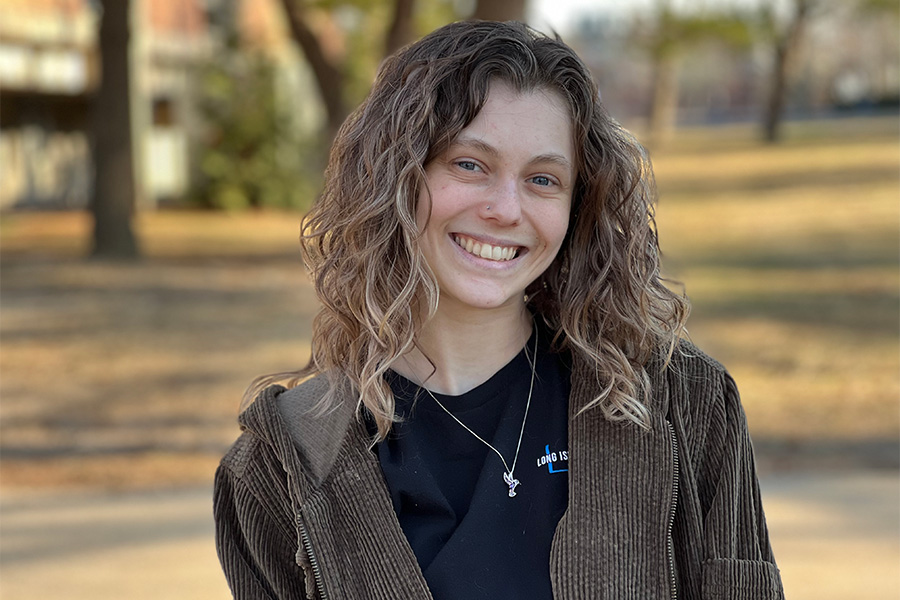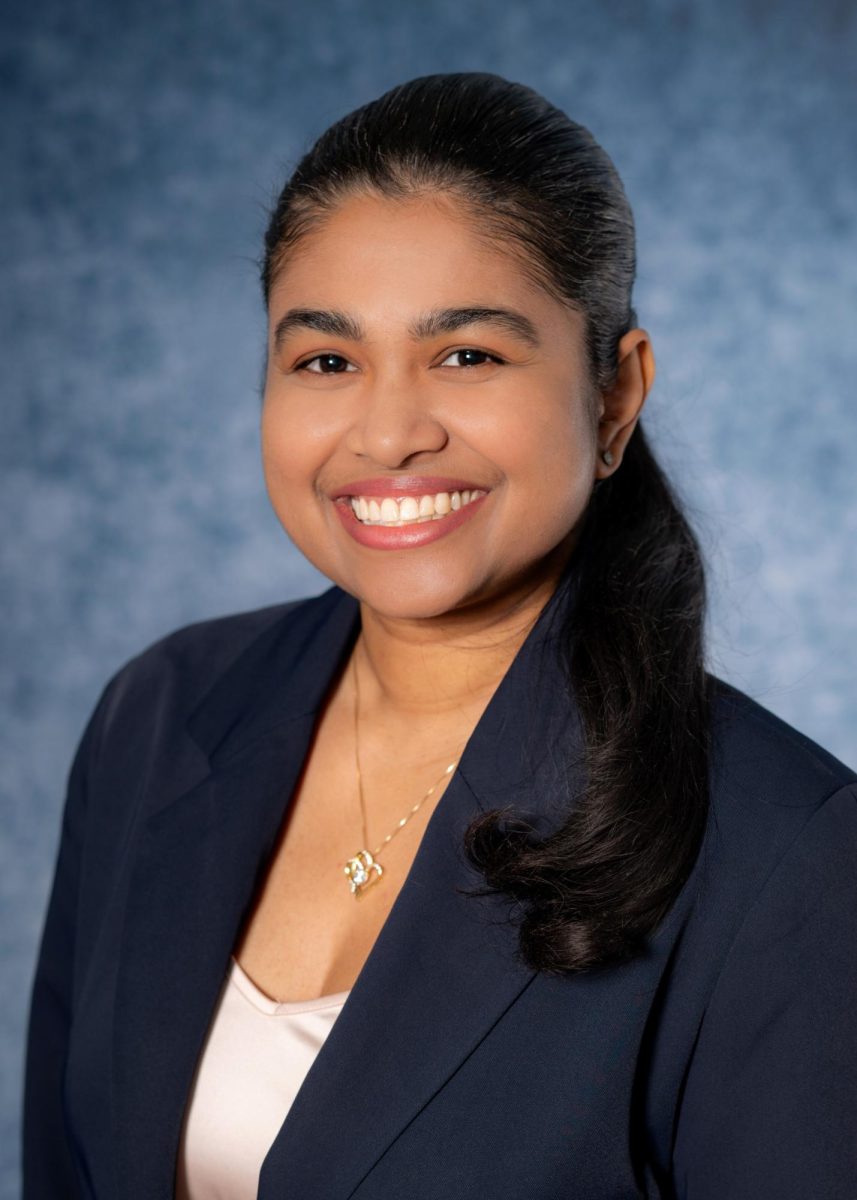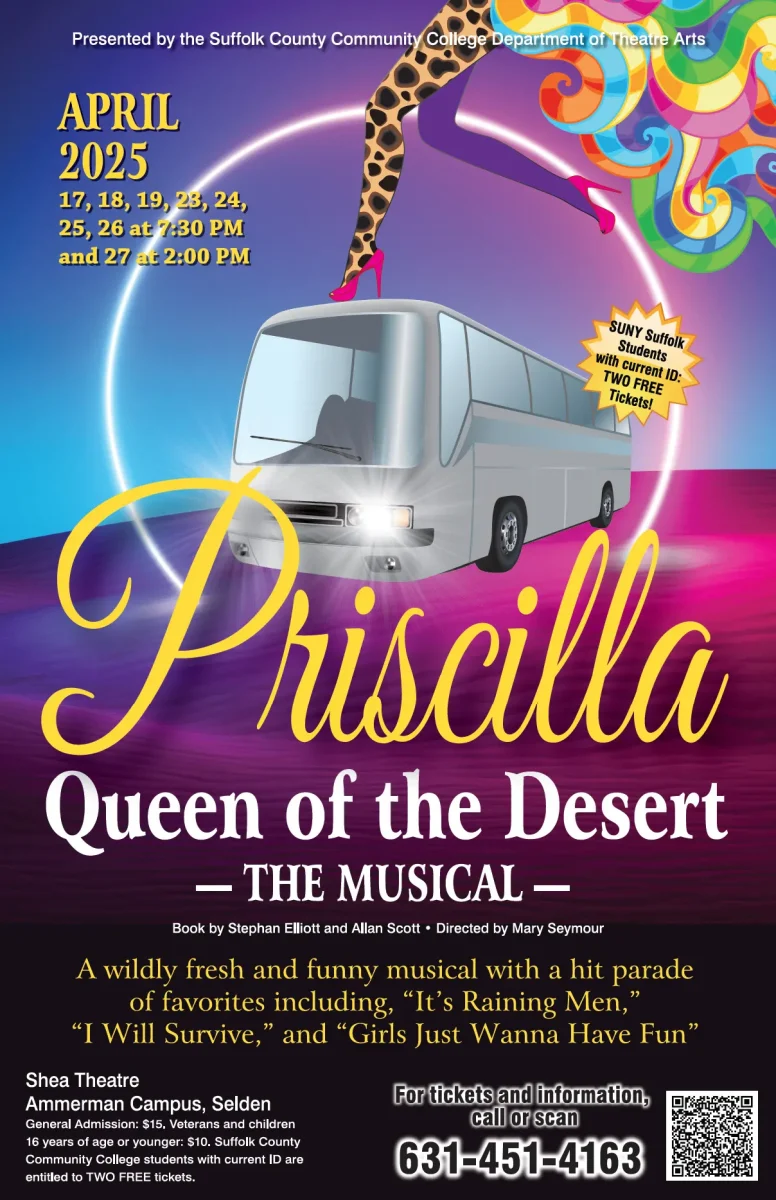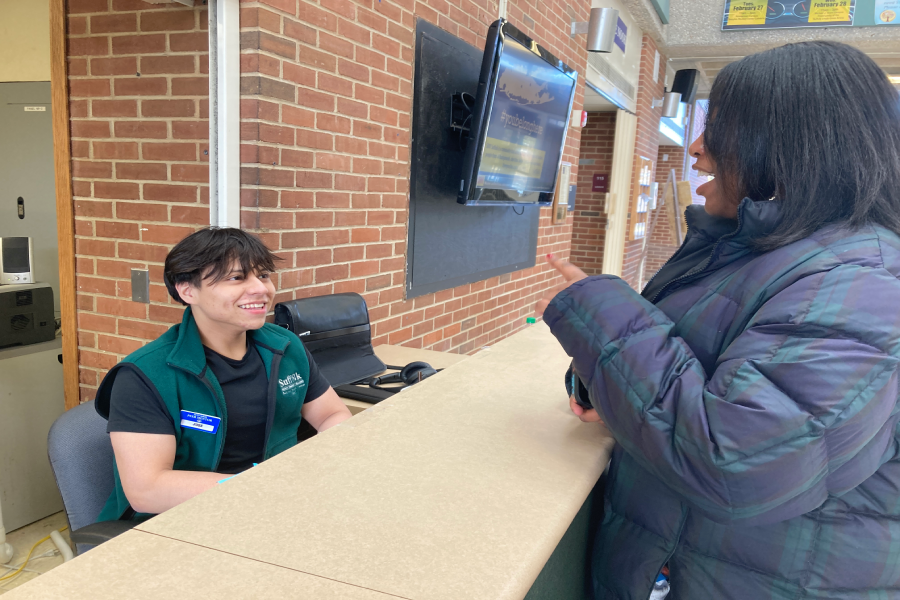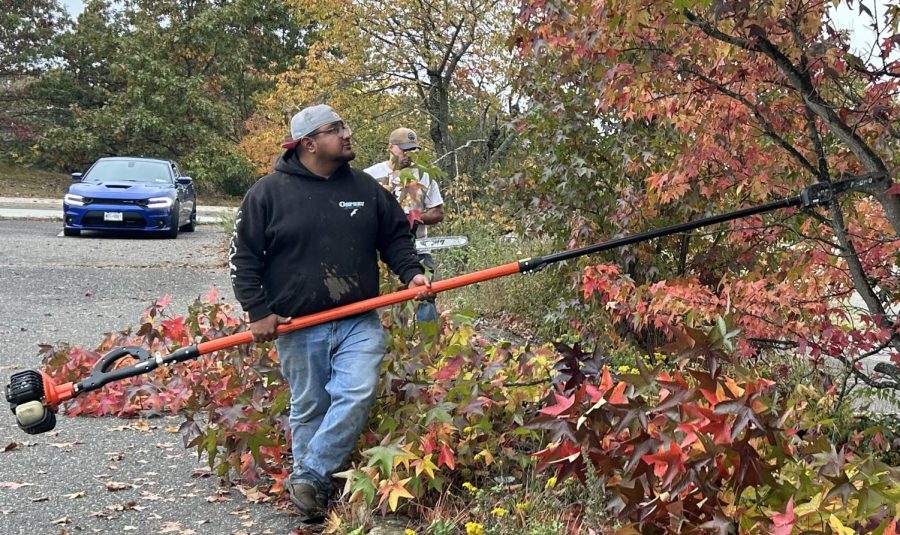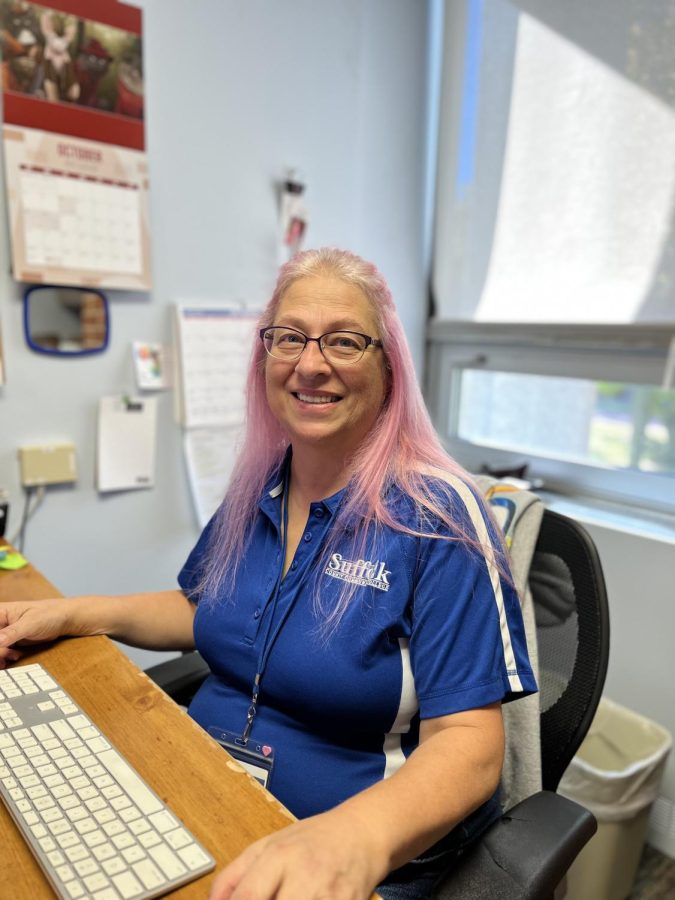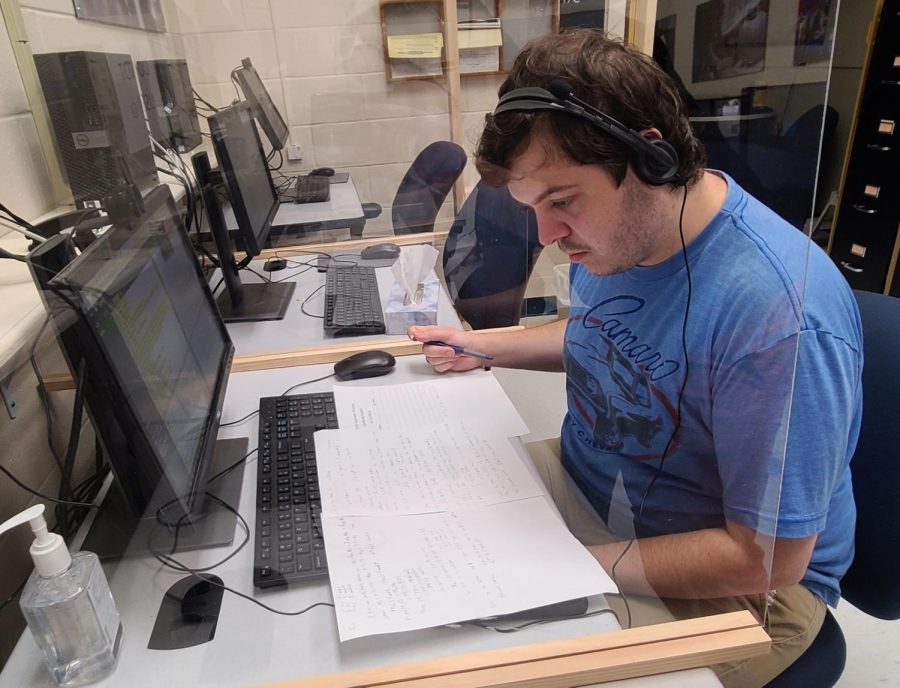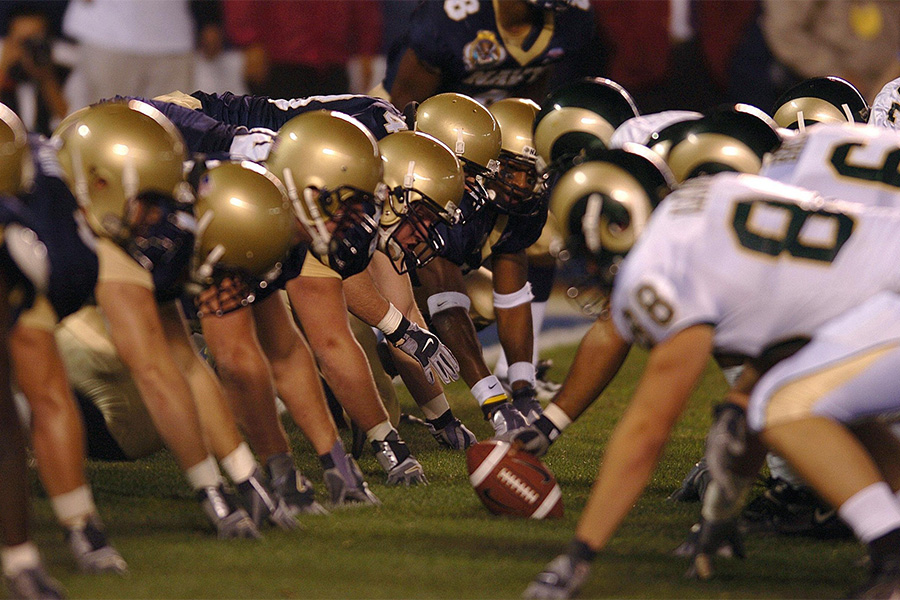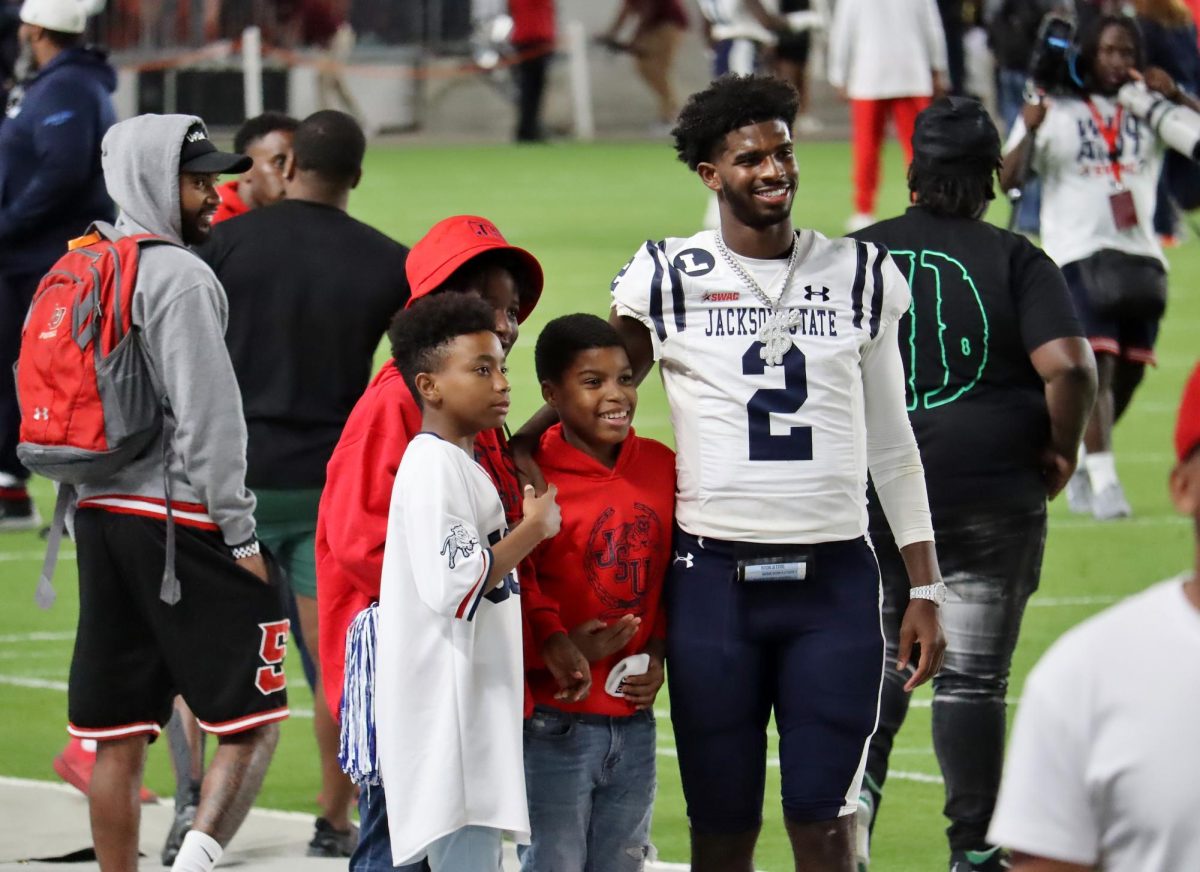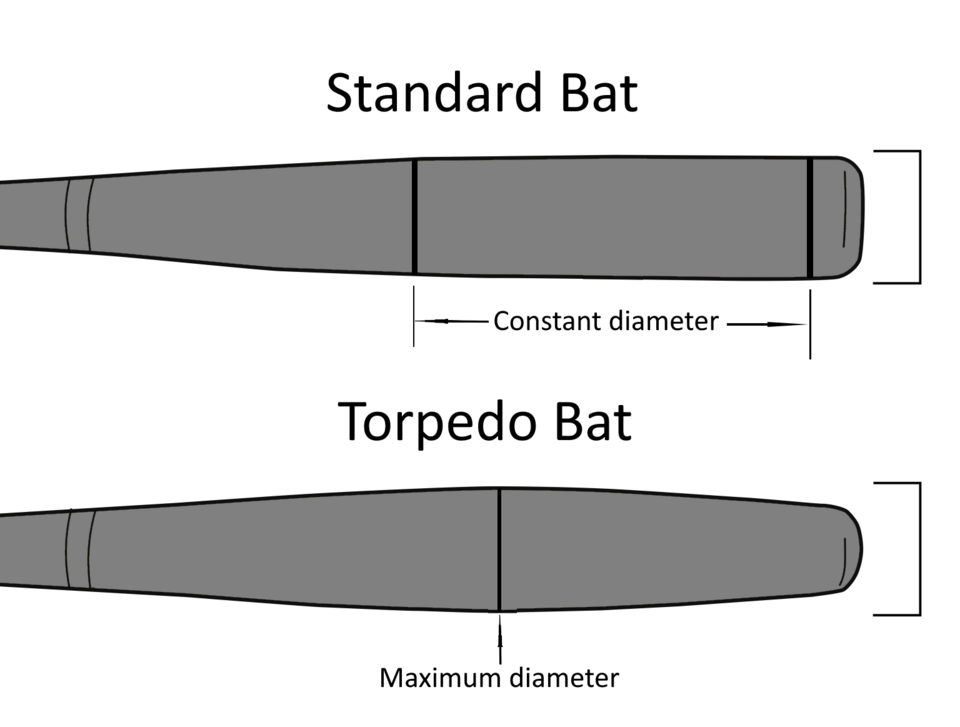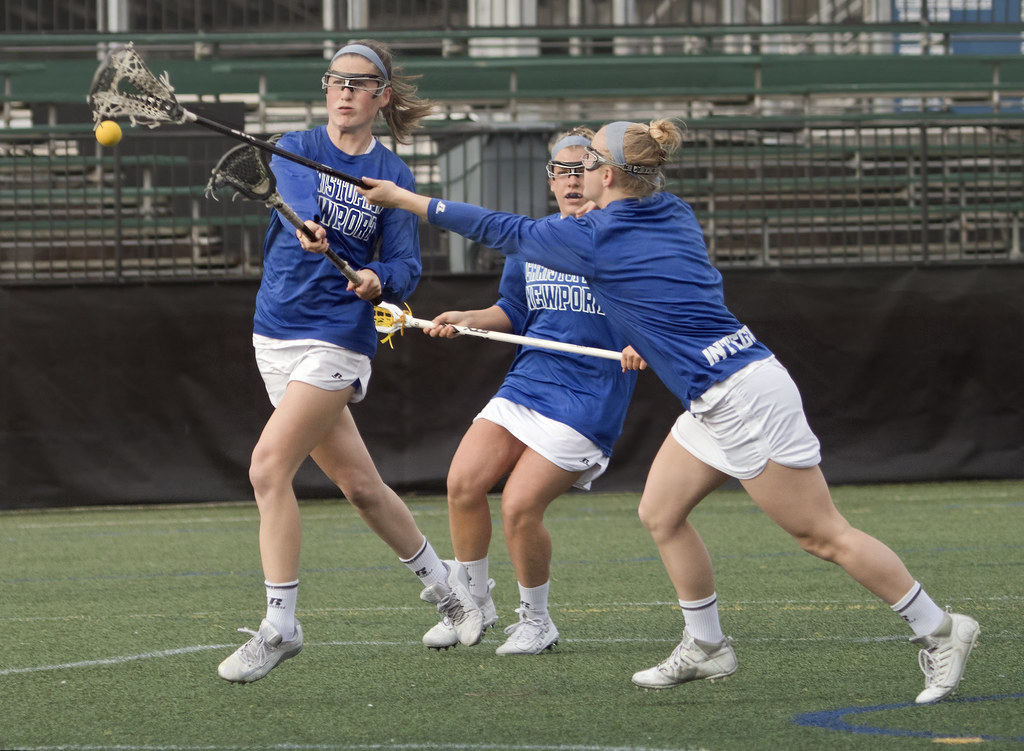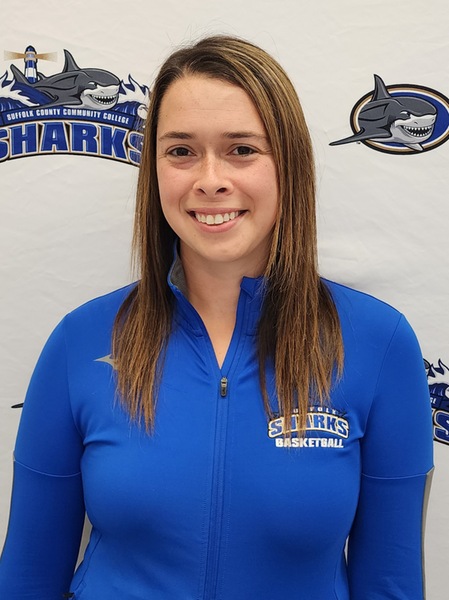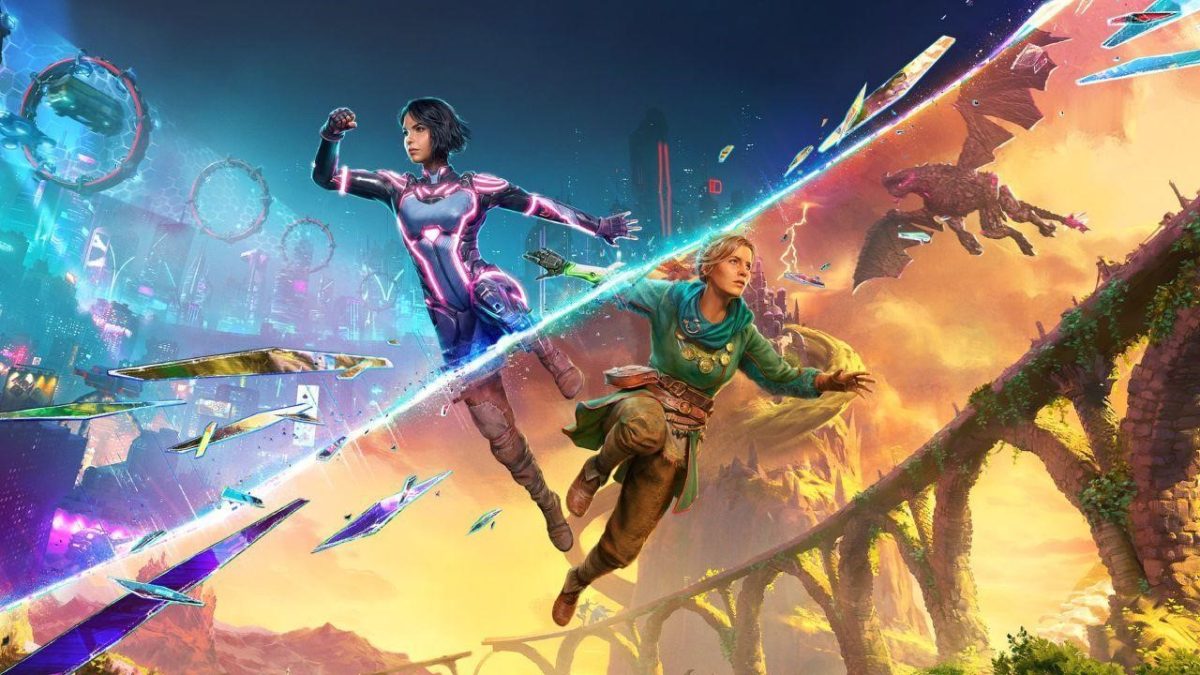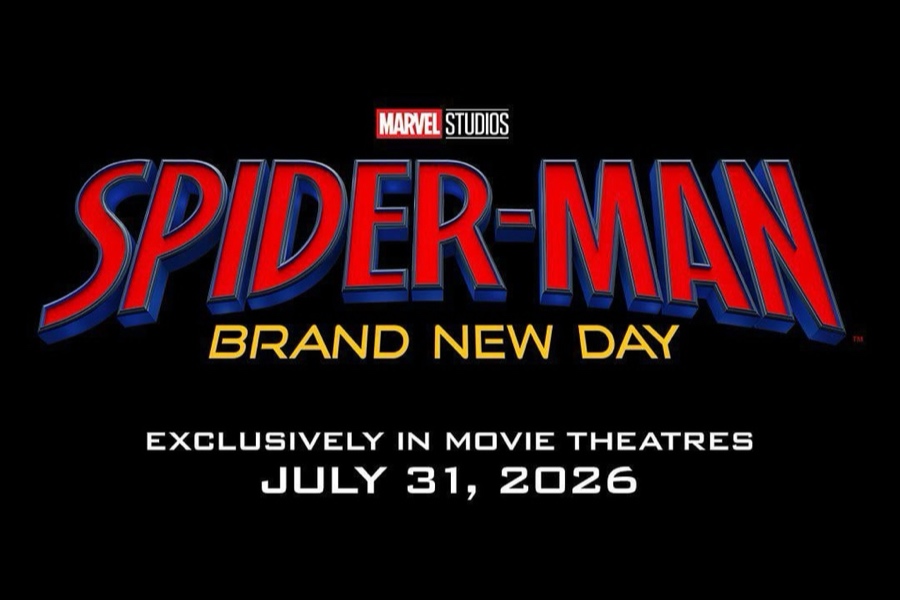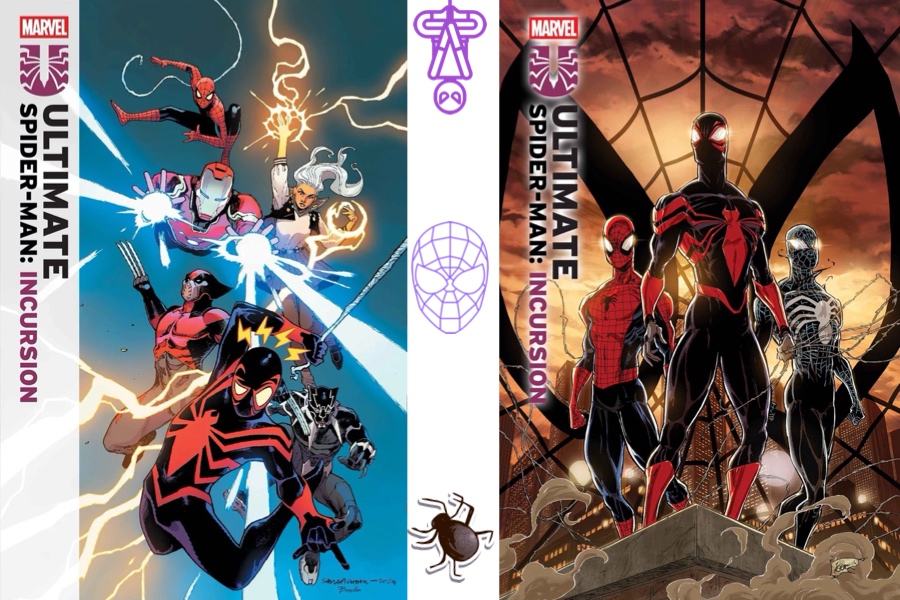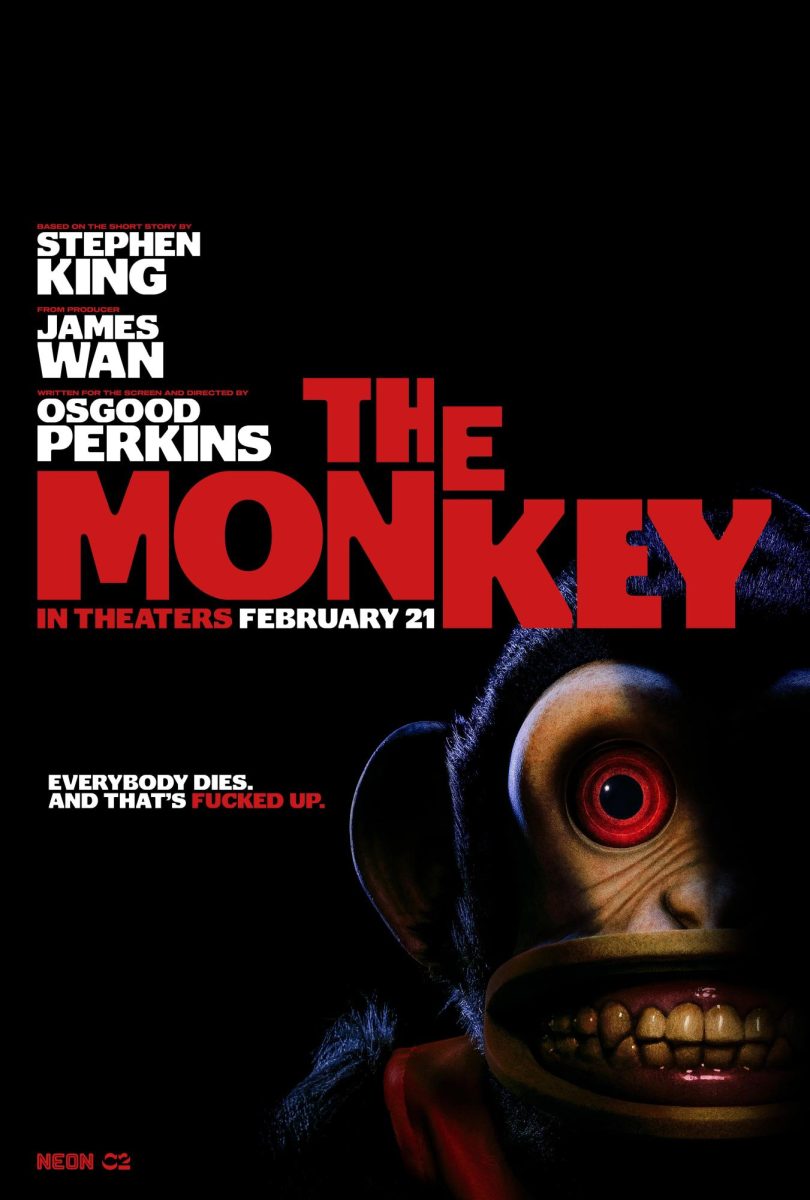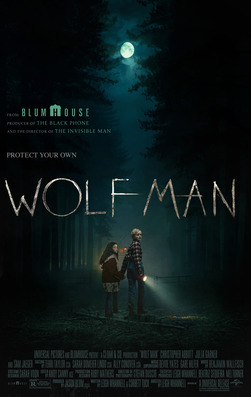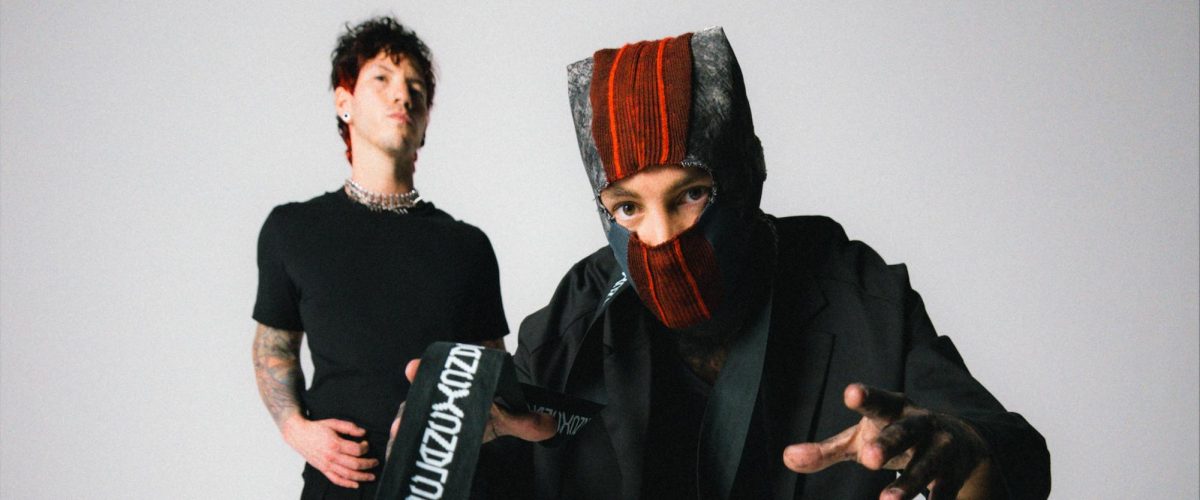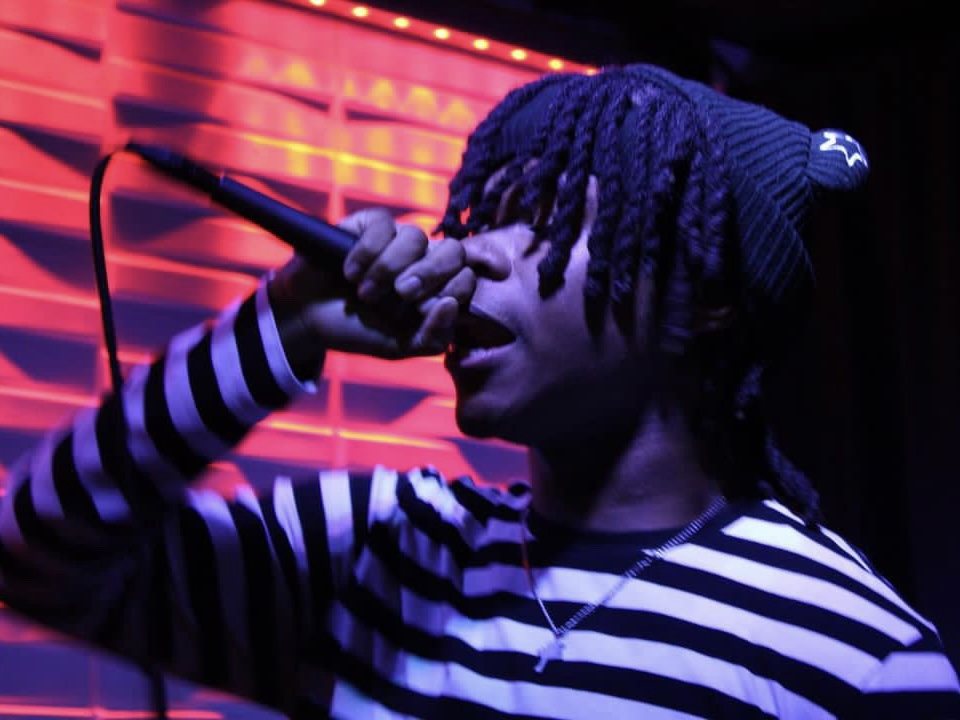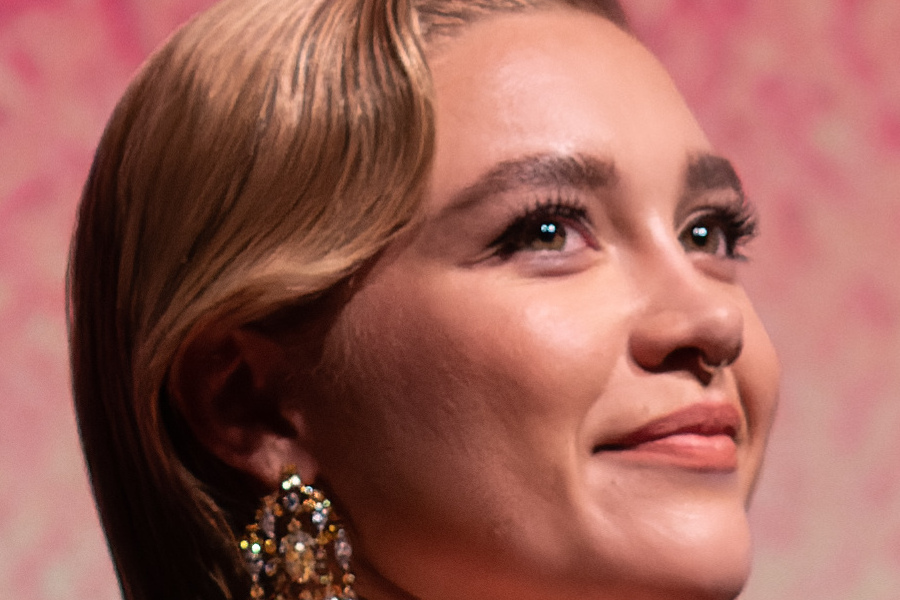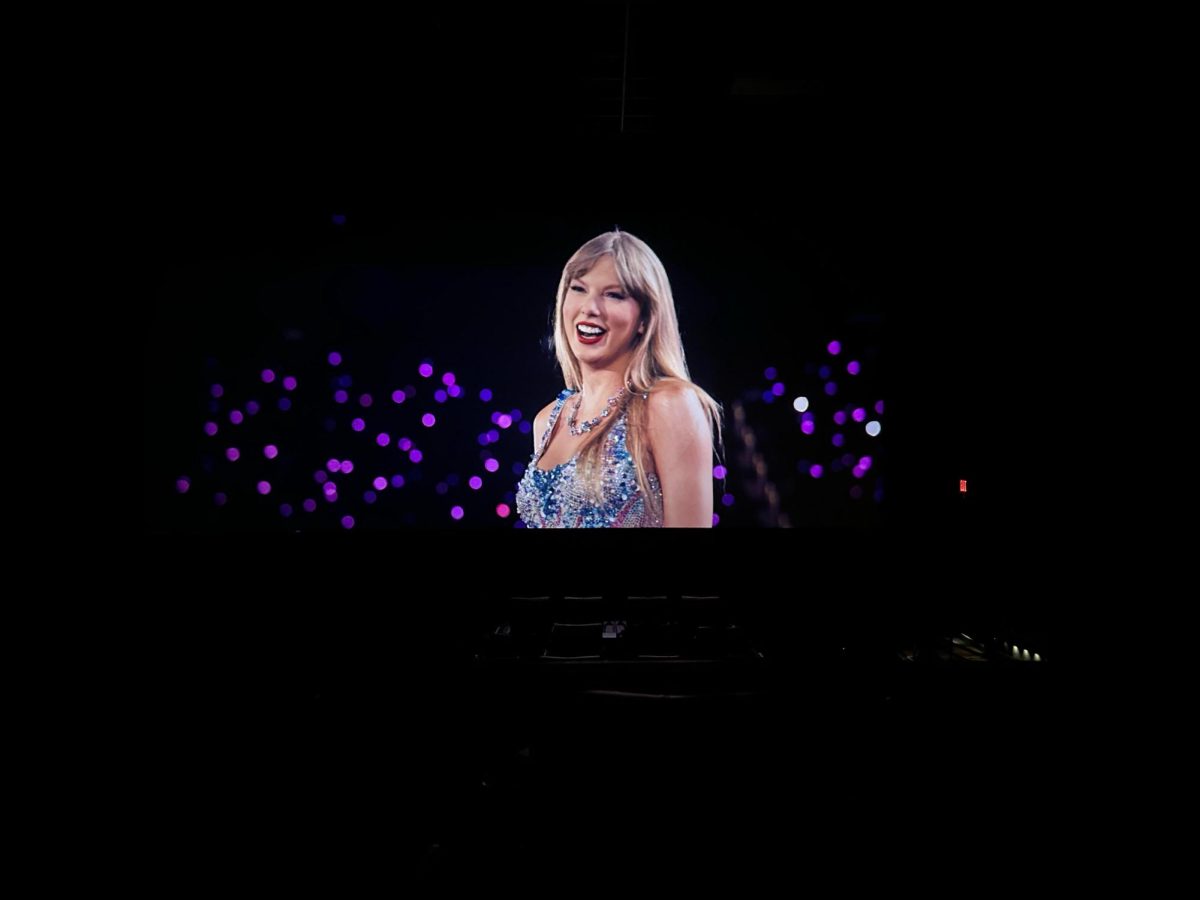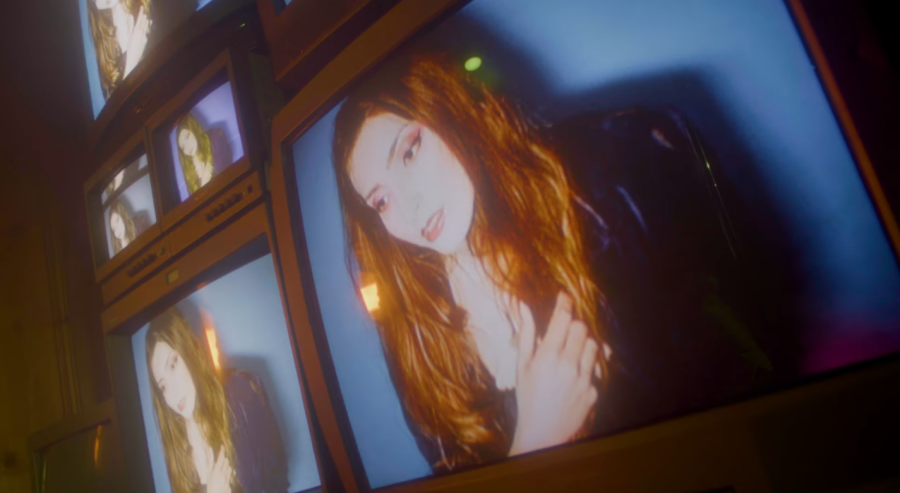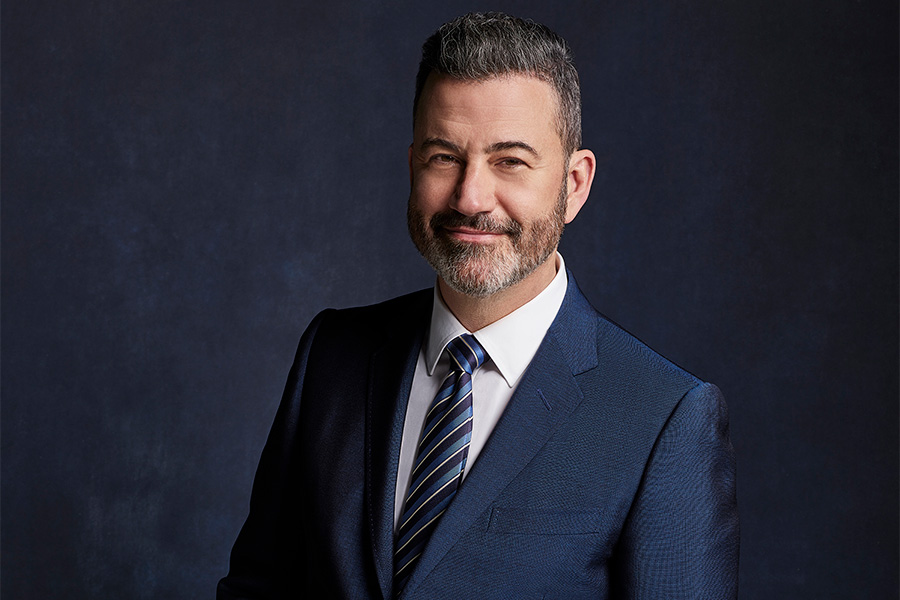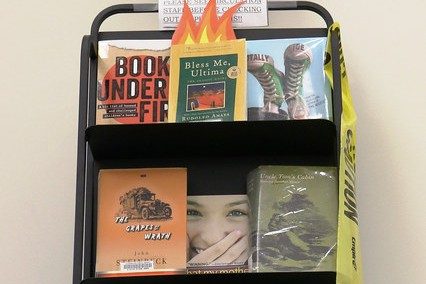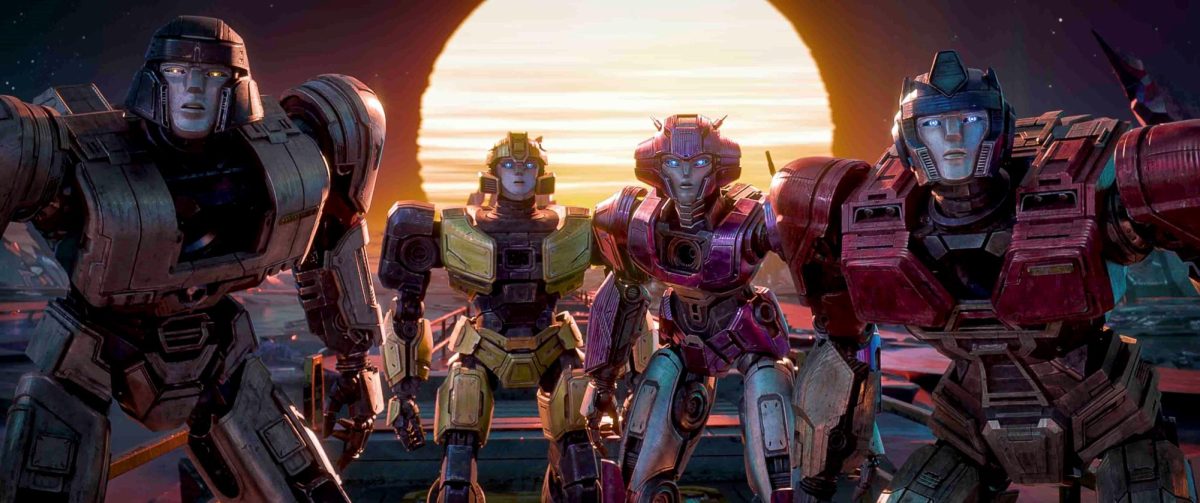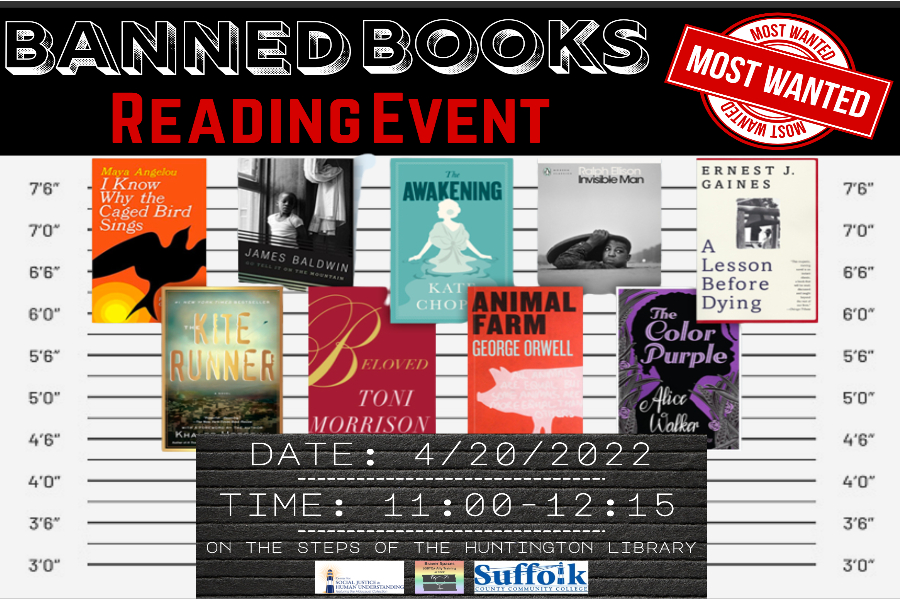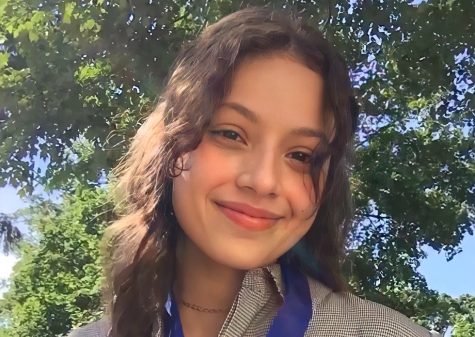Book Bans on Controversial Issues Prompt SCCC ‘Read Out’
Due to a wave of book bans on issues of LGBTQ+, race/racism, and sex education, on April 20, SCCC will hold a read-out at the Ammerman Quad.
A flyer from LGBTQ+ Task Force announcing the banned book read-out event. Following the increasing number of banned and challenged books, the LGBTQ+ Task Force wants to draw attention to this issue in the SCCC community.
April 10, 2022
If you’ve been following the news lately, you’ve surely seen that across the country, an increasing number of books have been disappearing from school and public library shelves. According to PEN America, more than 800 authors have been affected by these bans.
However, book banning is not a new concept in North America. Yet, according to a report by the American Library Association, in the last few years, there have been more book challenges than they have seen since they began tracking them in 2000. In 2021, a total of 1,597 books were challenged.
Reports of the PEN America show that due to the urging of conservative groups, school boards in certain states have targeted books containing characters and stories about lesbian, gay, bisexual, or transgender people, as well as stories that deal with racism, and have been labeled as inappropriate for children and adolescents.
“Seeing the list of banned books, especially those that speak about issues of LGBTQ+ community, and gender identity to be taking that away from our students who need to see themselves represented in the books that they read, is a really damaging thing, in my opinion,” said Jill Santiago, director of the Center for Social Justice and Human Understanding and co-chair of the LGBTQ+ Task Force.
“This is an institution of higher learning, right? We’re supposed to be exposed to all sorts of different things, and I believe that there are other mechanisms that could be in place that could fix this for the parents without banning the books.”
According to the ALA tracker, the books conservative parents and politicians want to be banned from libraries include the following:
“Lawn Boy,” by Jonathan Evison
“Better Nate Than Ever,” by Tim Federle
“Out of Darkness,” by Ashley Hope pérez
“All Boys Aren’t Blue” by George M, Johnson
“47” by Walter Mosley
“The Bluest Eye,” by Toni Morrison
“The Hate U Give,” by Angie Thomas
“Gender Queer” by Maia Kobabe
And what do these books have in common? Well, they all talk about LGBTQ+ issues, and race/racism.
Opponents to efforts to ban such books and their content say that these efforts are preventing certain communities from enjoying diverse perspectives on literature.
“It’s fine to disagree with some books, but it’s one thing to have an opinion and another to take action,” said Keeiry Mendez, a general studies major. “And they are taking the wrong steps by banning books that have value for other people, it is wrong to restrict the freedom of literally reading and learning from these books.”
As part of bringing attention to the issue of book banning, the LGBTQ+ Task Force, (which was established in 2016 with the aim of creating a welcoming space for the LGBTQ+ community at the College), will be hosting a read-out event on April 20, 11 a.m., to 12:15 p.m., at the Ammerman Quad.
The event will allow readers – faculty, staff, and students to share their chosen passages from books that have been banned or challenged, it can be LGBTQ+ related. Also, readers can bring their favorite books that have been banned or challenged.
“A lot of people don’t know that there’s a concerted effort underway to restrict the type of information available in K through 12 schools,” said Susan Wood, co-chair of the LGBTQ+ Task Force. “So we want students to know about the issue, and to think about how would schools be like if they completely left out topics like LGBTQ+ and racism. We want them to be aware that these books have value, that they are not harmed, and that they should not be banned at school.”
